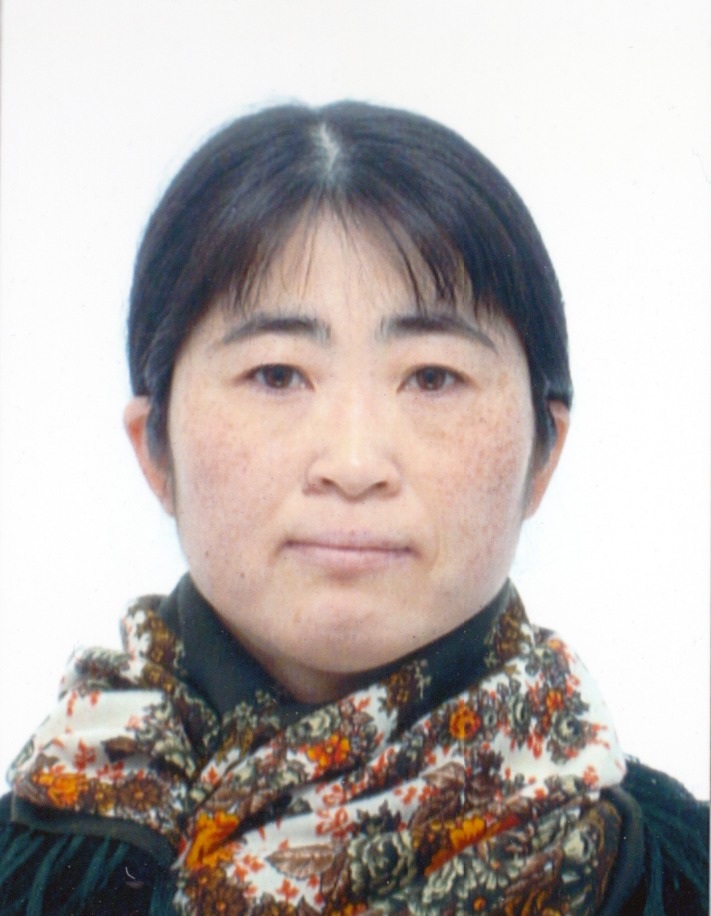
-
Period12th(Term; from Oct. 2021)
グローバル型 -
Research InterestsArchaeology
-
Research TopicHan-Xiongnu interaction and the society of Xiongnu: Consideration based on archaeological evidence
-
Host DepartmentInstitute for Research in Humanities
-
Previous AffiliationNational Museum of Ethnology
The steppe areas exist on the Eurasian plate as a belt, and it reaches from the northern coast of the Black Sea to the Greater Khingan range. Nomadic people move on the steppe seasonally by seeking grass and water, but it was in the 10th century that nomadism by riding horseback became common. The study of nomadic powers on the Eurasian steppes are important, because nomadic powers are not only related to each other of them, but also affected the empires, which established in the south from the agricultural and pastoral borderline. However, the nomadic people didn’t write and leave historical records by themselves until the Middle Ages. Therefore, we can only know them through neighbors: The information of the western part of the steppe depends on the “Histories” by Herodotus, and the information of the eastern part of the steppe depends on the “Records of the grand historian” by Sima Qian. These historical records are limited in number, but the archaeological remains provide us with information directly.
As a scientist in the HAKUBI project, I will excavate the remains of Xiongnu, which is an ancient nomadic tribe established the first nomadic empire in the Eastern steppe. I will clarify the society of Xiongnu through material culture.